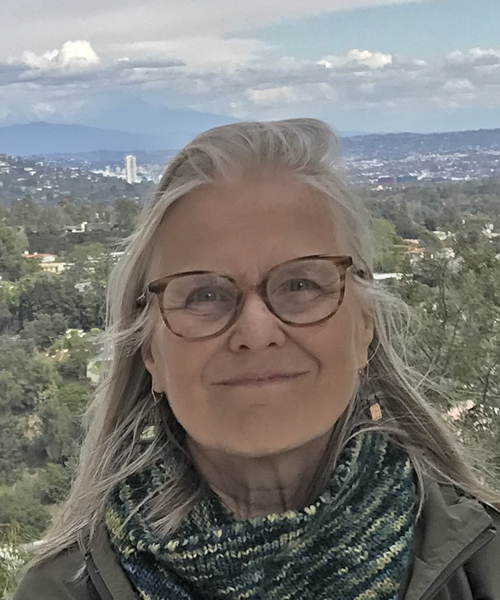“How are you?” asks someone I know as I enter the church. “Fine, thanks,” I say, or sometimes I risk an “Okay,” if I am feeling distressed by events in life or ill health. No one is 100 percent fine, and “okay” is often stretching the truth. When we pretend everything is okay and put an ‘I am fine’ mask on, it can create a barrier that gets in the way of providing an inclusive environment for those with disabilities.
A major obstacle to attending religious gatherings for many with mental disabilities is that they do not feel they fit in a place full of people who are ‘fine.’ And if they fit at all, it may seem that they only fit in the category of a ‘needy one,’ someone to be pitied for their problems by those who appear to have it all sorted out. This gives the impression of an us and them, with a firm line in between, rather than pulling us together, each with our own strengths and weaknesses. This kind of fit is not a comfortable one.
Certain attitudes of people in religious communities can be especially relevant for those with mental disabilities such as developmental limitations, severe autism, dementia, schizophrenia, or clinical depression and anxiety. Recently a developmentally disabled man who I did not know, sitting next to me in church, grasped my shoulder in the midst of the liturgy and started to tell me about his dog who was sick. If I hold myself stringently to particular social norms, wanting to be someone who looks ’fine’ and fits in, I can see this man’s behavior as strange, and critically, unconsciously, send a disapproving message through facial expressions and body language.
When we try to behave perfectly and attend excessively to dress and physical appearance, and send outward signals that all is fine, these can be obstacles to connection with others, especially those with mental disabilities who may not feel like they fit with people who have no visible problems or who show no emotional feelings of distress or discomfort. Pope Francis said recently that communion was not a prize for the perfect but a powerful medicine and nourishment for the weak. We are all weak and needy in our own ways, and it is appropriate to accept this ourselves and show this some in our outward demeanor and attitudes.
I am not arguing for a cacophony of chaos in our religious gatherings and liturgies, but I am suggesting that we let down our guards some, as we face that we are ‘not okay.’ A sea of well-dressed, well-behaved, smiling faces does not represent the reality of holiness. Reality is messy. Our lives are messy. If everyone revealed all of their problems and difficulties all at once we might find it overwhelming, but a good dollop of vulnerability can create a space for the more obviously vulnerable and those who are disabled to fit in, to feel a part of the community as a whole.
I visited an African Methodist Episcopal church recently, where ushers occasionally moved gently through the aisles with Kleenex. It sent the message that it was alright if I cried. It changed the way I allowed myself to feel, and how I viewed those around me. It makes theological sense to be open and vulnerable in a religious setting. But when we have masks on that send the signal that everything is fine with me, there is not much chance to show our vulnerabilities. For some people with mental disabilities, that is not even a choice. Unusual behaviors that are not socially acceptable can come with the territory.
I want those with mental disabilities to feel comfortable in my presence, to feel accepted as they are. As individuals in religious communities we can examine our attitudes. Do they ever signal to the mentally disabled that they don't fit here and therefore limit our ability to share life with them? I am going to make an extra effort to remove my mask of ‘I’m fine’ when I next enter a religious gathering and see what doors it opens, for myself, and for others.

